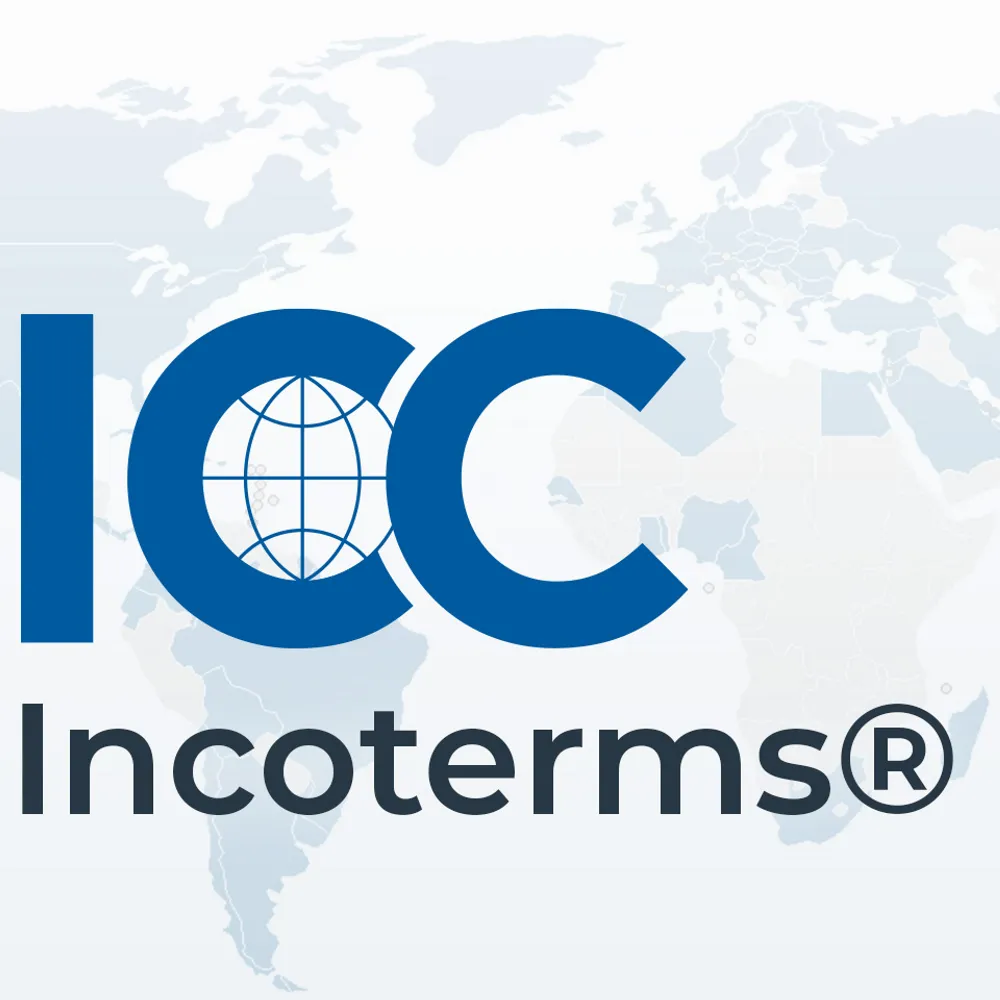Incoterms are a set of internationally accepted terms that describe the responsibilities and obligations of the parties for the carriage of goods. Incoterms are used so that the division of the transport cost and the risks associated with the international transport and delivery of goods can be clearly determined between the seller and the buyer.
Incoterms were firstly introduced by the International Chamber of Commerce (ICC) in 1936 to create a common set of rules and guidelines to identify the most frequently used terms in foreign trade and to avoid problems caused by different practices and legal interpretations among traders around the world. Incoterms are periodically revised by the ICC approximately every 10 years to adapt to changing business practices.
What incoterms do?
It is important to note that the Incoterms rules in a sales contract relate only to the terms of delivery (freight charges) and the insurance status of the product. Incoterms define the associated obligations, costs and risks associated with the delivery of goods.
What incoterms do not do?
Incoterms by themselves do not;
- Determine the amount of the contract or the financing terms.
- Replace the law governing the contract.
- Provide for the transfer of ownership of the goods.
- Release funds for delivered goods,
- Determine when revenue will be recognized.
- Address the consequences of breach of contract or exemptions from liability.
- These items are defined by the terms of the sales contract and applicable law.





